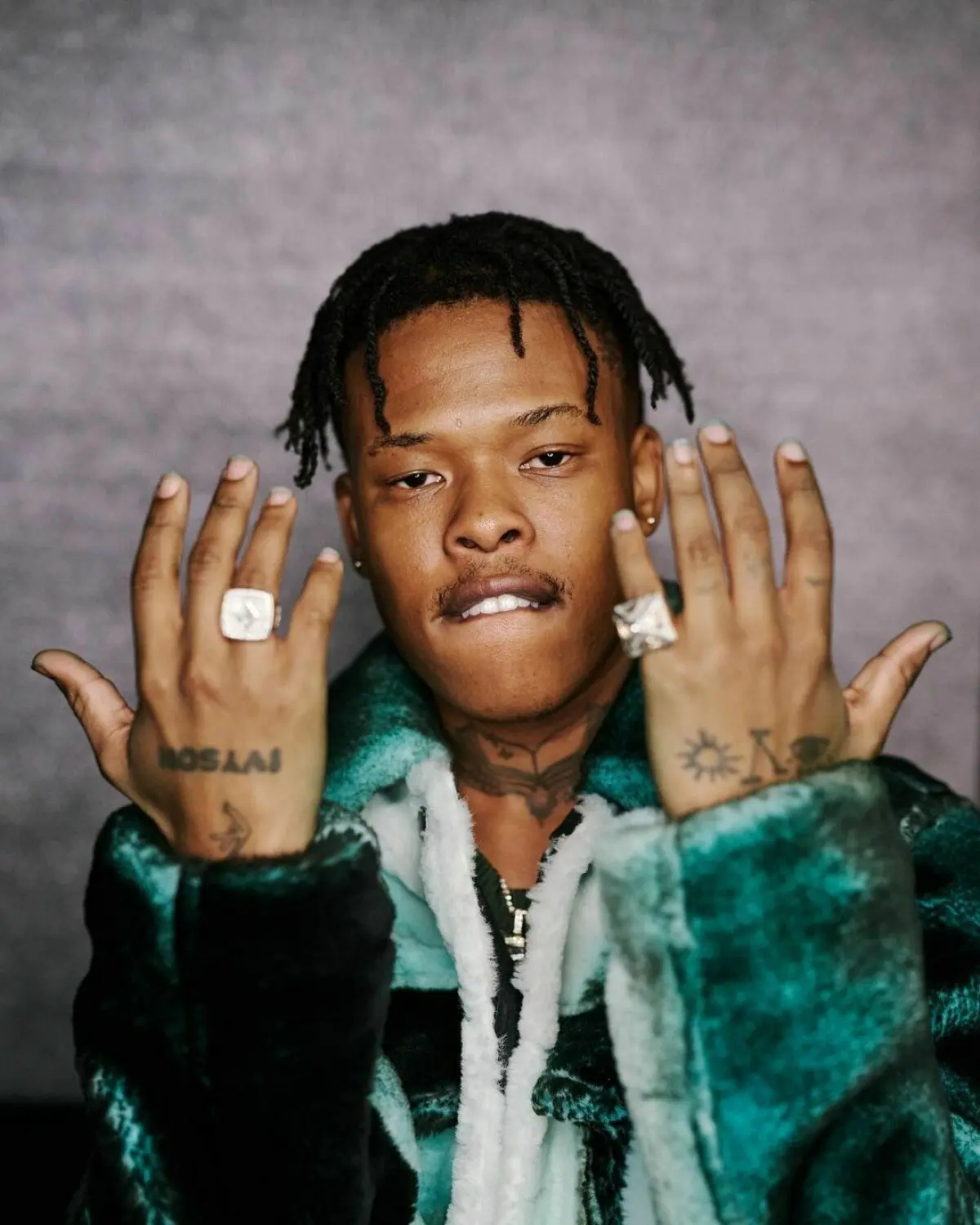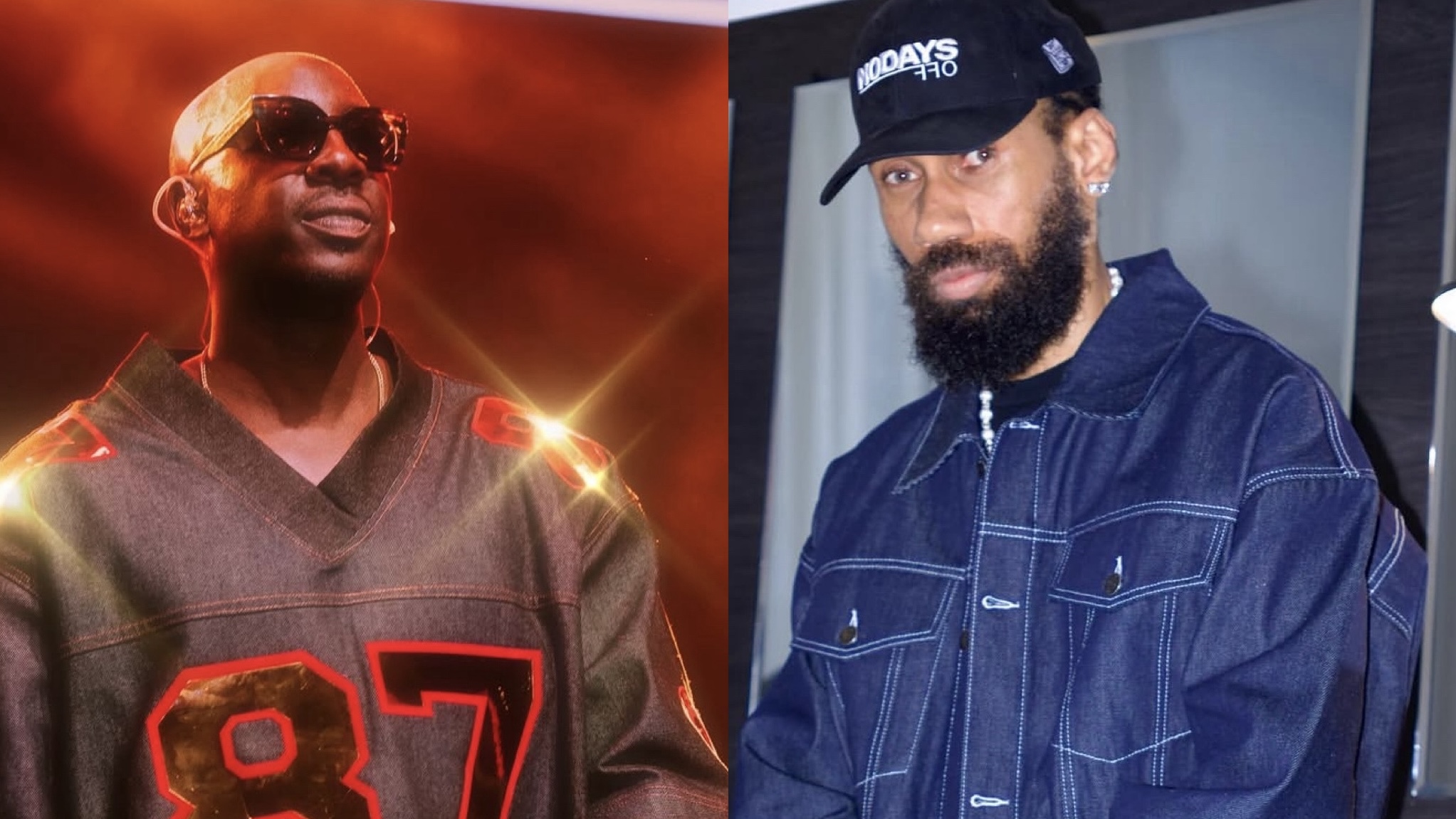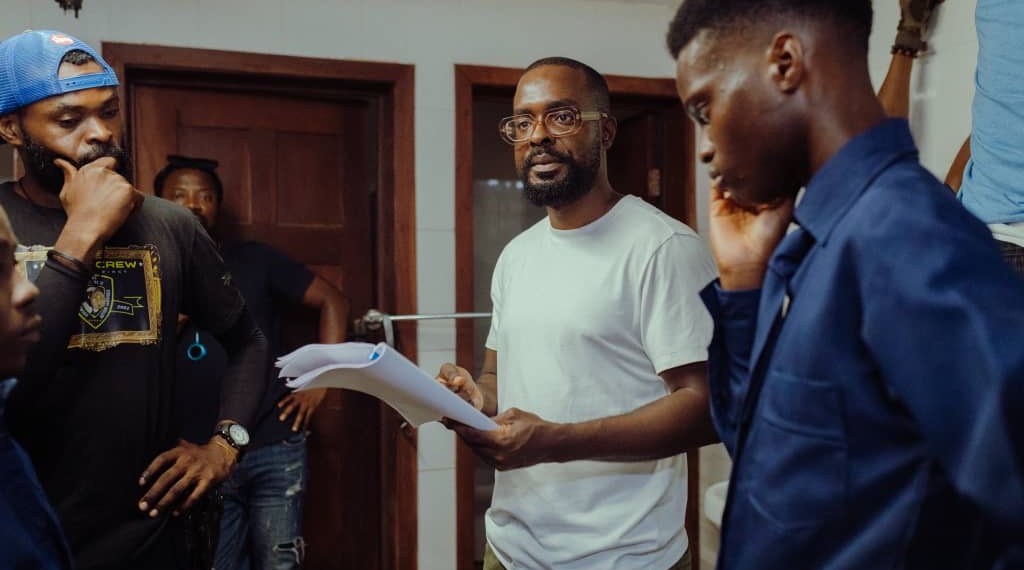South African hip hop sensation David Junior Ngcobo, widely known across Africa as Nasty C, has stirred conversations in music circles after revealing his intention to change his iconic stage name. This admission came during an open and in-depth chat with media personality Madame Joyce in London, where he shared personal insights about his identity as an artist, the origins of the name “Nasty C,” and the creative process behind his brand.
For years, Nasty C has held a prominent position not only in South Africa’s rap scene but also as a respected voice within the growing African hip hop community that resonates powerfully in Nigeria, Ghana, and beyond. His hit tracks such as “SMA,” “Juice Back,” and the self-styled “Coolest Kid In Africa” have earned him awards and a loyal West African following, inspiring both young artistes and fans of hip hop culture in Lagos, Accra, and Johannesburg alike.
The Origin Story: A Name Without Meaning
During the candid exchange with Madame Joyce, Nasty C addressed a question that many fans in Nigeria and across Africa have wondered about: the significance of his stage name. Madame Joyce asked pointedly, “Where does the name Nasty C come from?”
In response, Nasty C confessed, “It’s random. I just put a bunch of letters together, started making words out of it, and then I picked that one.” He went further to reveal, “I have no idea about the meaning of the name or what it stands for. I don’t know.”
He later admitted to inventing a popular backstory to give his name some mystery and appeal. “There’s a story I used to tell people,” he explained. The story claimed that his first music producer, a friend of his big brother, once described him as a “Nasty Cat” because of his impressive rap skills. The tale went that he then dropped the “AT” to get “Nasty C.” However, he confirmed, “But it’s a lie. I just wanted to have a story and I wanted to mention that guy’s name because he really did help me start my career. My stage name is just a vibe. I want to change it now.”
A Turning Point for Nasty C’s Brand
The revelation that his stage name was essentially an arbitrary creation, coupled with his wish to change it, has sparked discussion among fans and industry stakeholders. The issue resonates strongly in West Africa, where Nigerian and Ghanaian musicians often select stage names packed with symbolism or cultural meaning, such as Burna Boy, Wizkid, or Sarkodie.
Brand experts in the region note that a musician’s name is more than just a label; it’s often a strategic part of their overall appeal and brand identity. According to Lagos-based entertainment analyst Olumide Ishola, “For many African artistes, the stage name is as important as the music itself. Fans attach strong emotional value to names, and the right name can capture the spirit of a movement or a generation.” Famed acts like Fela Kuti and Tiwa Savage carefully crafted their personas in tandem with their stage monikers, each sending a message about their artistic ethos.
What’s in a (Stage) Name? Local Reactions in Nigeria and Ghana
In Nigeria, where music fans are especially attuned to authenticity and personal branding, Nasty C’s frank admission has received mixed reactions. Some Lagos-based music lovers told NowahalaZone that they appreciate his honesty. “It’s good to see a big artiste admitting the truth. At the end of the day, it’s the music that matters most,” said Ejiro O., an Afrobeats blogger.
Others, however, believe a change of name could impact his legacy, especially given the years invested in building the “Nasty C” brand and its recognition across Africa. “When a person has already created a massive brand, changing names comes with a huge risk. Even in Nigeria, we’ve seen how rebranding can make or mar an artiste’s career,” remarked Abuja-based artist manager Tolu Adeniran. In Ghana, similar sentiments were echoed on social media, with some expressing confusion and others wishing him well if he chooses a new name that resonates more deeply with his evolved artistry.
Global Perspective: The Evolving Identity of Musicians
Internationally, artists in the US and Europe have notably rebranded or changed names—think Diddy (formerly Puff Daddy), Snoop Dogg (temporarily Snoop Lion), or even Nigerian star Chameleon (formerly Chameleone). Reasons for such changes range from creative reinvention, market expansion, legal issues, to a desire for a more meaningful identity. According to a 2023 BBC report, a name change can boost an artist’s relevance if aligned with a strategic shift in sound or image, but risks alienating existing fans if not managed properly.
Music Industry Insights and Fan Challenges
Analysing the dynamics of the African music industry, it is clear that branding and personal stories are powerful tools for transcending borders. Nasty C’s global collaborations, from working with T.I. to French Montana, have put South African and wider African hip hop on a larger stage. But, as art historian and culture critic Chika Onwuzuruike explains, “Legends are not just made in studios—they are made in stories, in names, and in the myths we build around artistes.”
A key challenge for any artiste contemplating a name change is retaining the core audience. Historical data from the African music industry suggests that successful transitions happen when the change is strategic, announced well in advance, and tied to a meaningful shift in musical direction or personal growth. Fans in West Africa, who have grown with Nasty C’s music since his teenage breakout, will likely watch closely to see what direction he takes next.
Looking Ahead: Opportunities for Reinvention
For Nasty C, the possibility of adopting a new stage name at this point in his career could mark a new chapter—one potentially aligned with his evolving sound, international aspirations, and matured perspective as an artist. Should he proceed, the move may also inspire other African artists to rethink identity and storytelling in new, authentic ways that reflect changing realities, both in West Africa and around the globe.
As the music industry continues to bridge local roots and global appeal, the interplay between names, narratives, and authenticity grows even more significant. For Nigerian and Ghanaian fans, who value both lyrical prowess and true-to-self branding, Nasty C’s decision is more than just personal—it speaks to the broader question of what identity means in an era where African music commands increasing attention worldwide.
What’s your perspective? Should Nasty C hold on to the name that made him a household figure, or should he embrace a new identity for a different phase of his journey? Drop your thoughts in the comments section below and follow us to stay updated on this story and more that matter to African music culture.
For general support or feedback, reach out to us anytime at support@nowahalazone.com.
Connect with us on social media for the latest updates on music, celebrity news, and entertainment: Facebook, X (Twitter), and Instagram.
Your voice matters. Share your opinions, reactions, or experiences below—and don’t forget to follow for more engaging stories from Africa and around the world!









